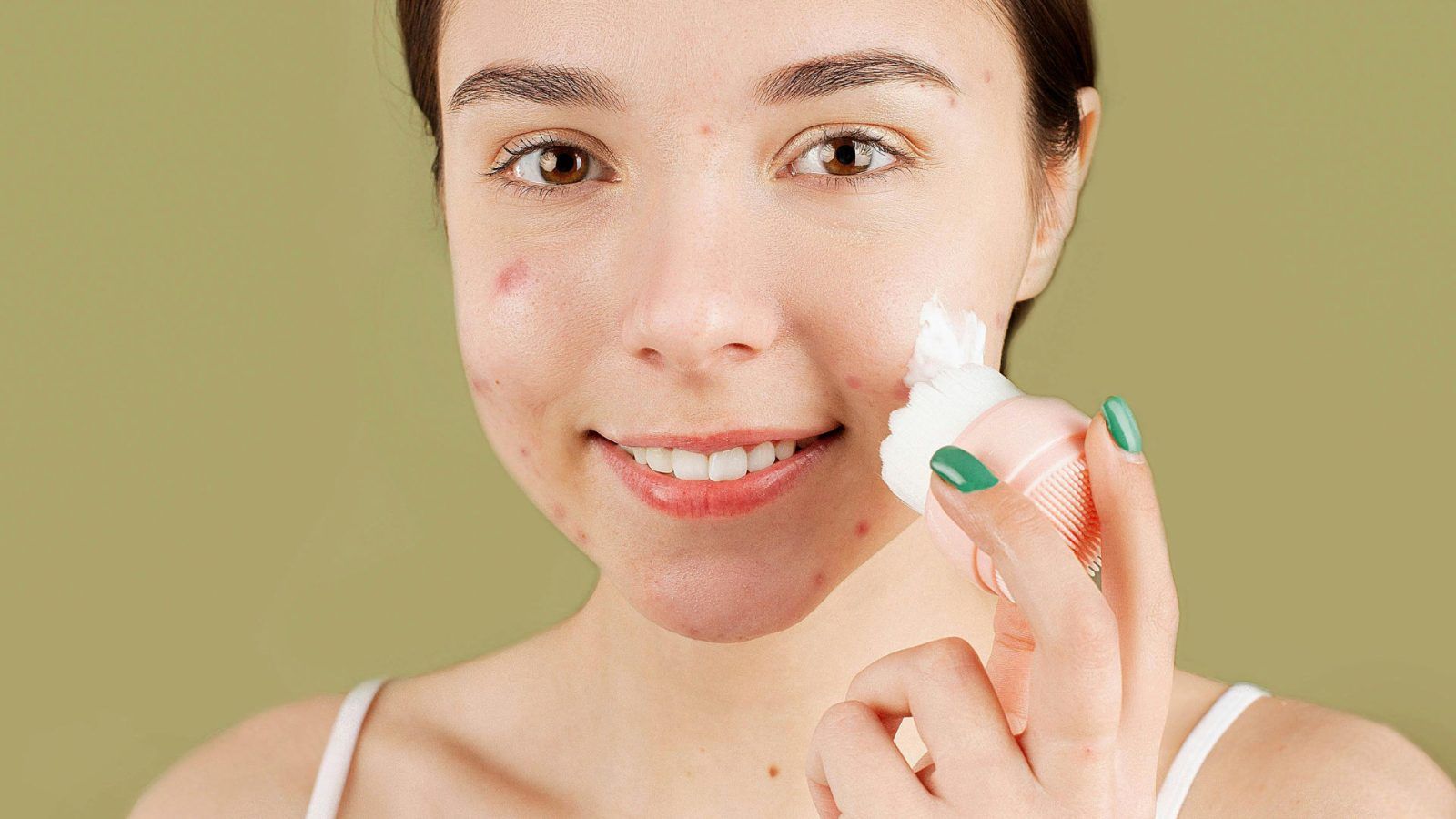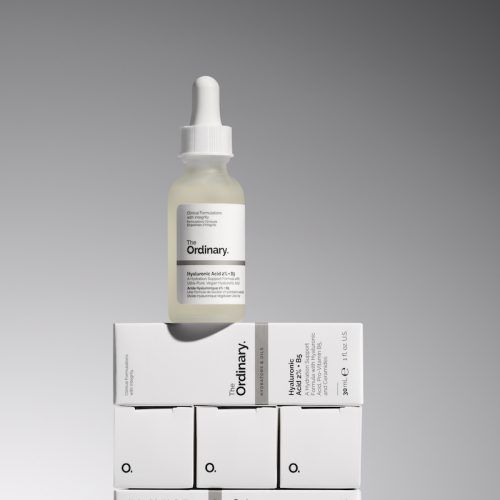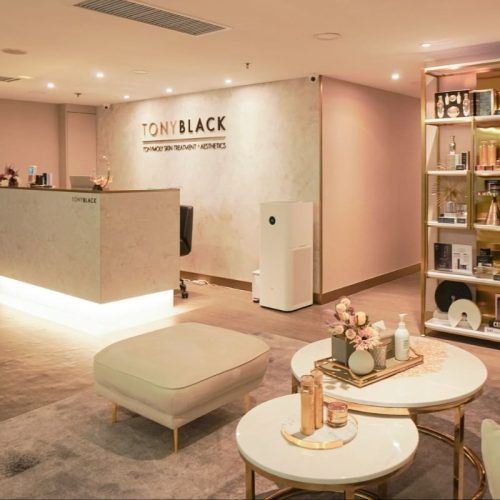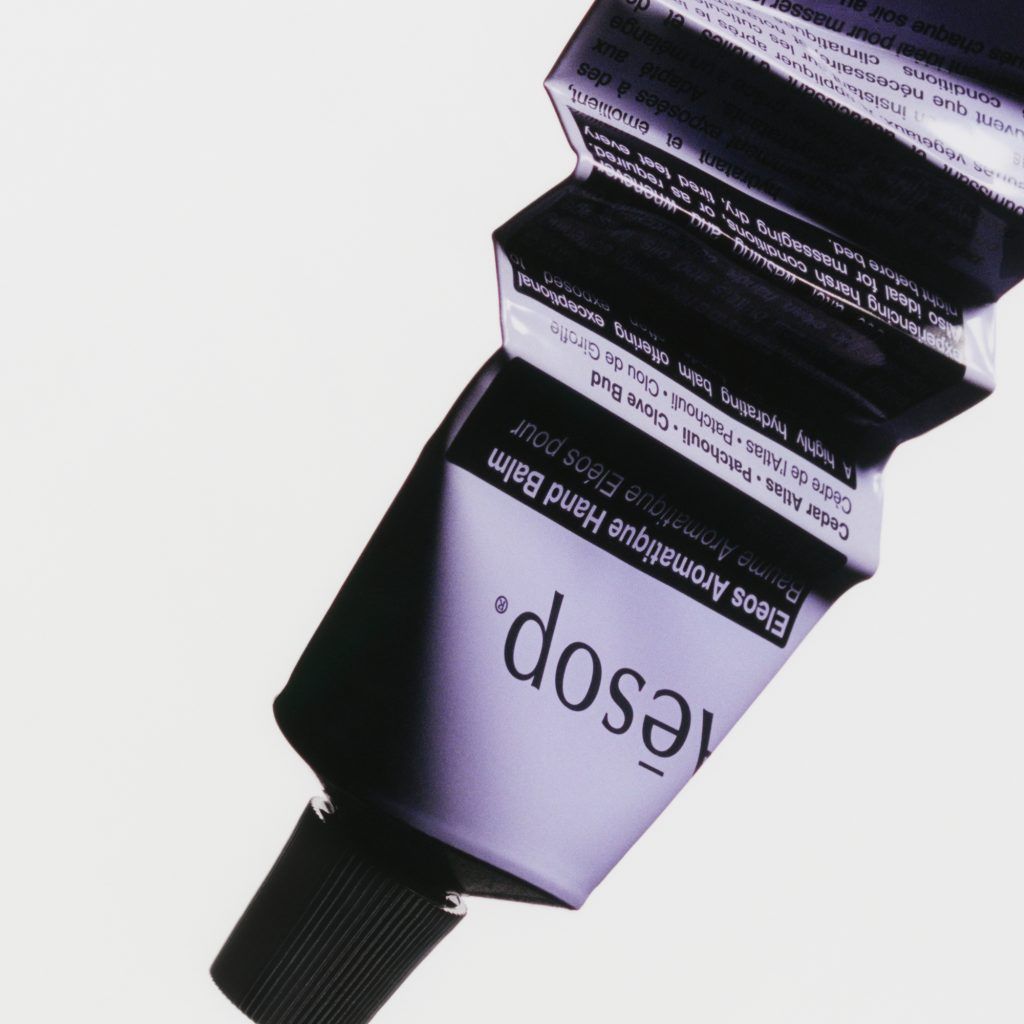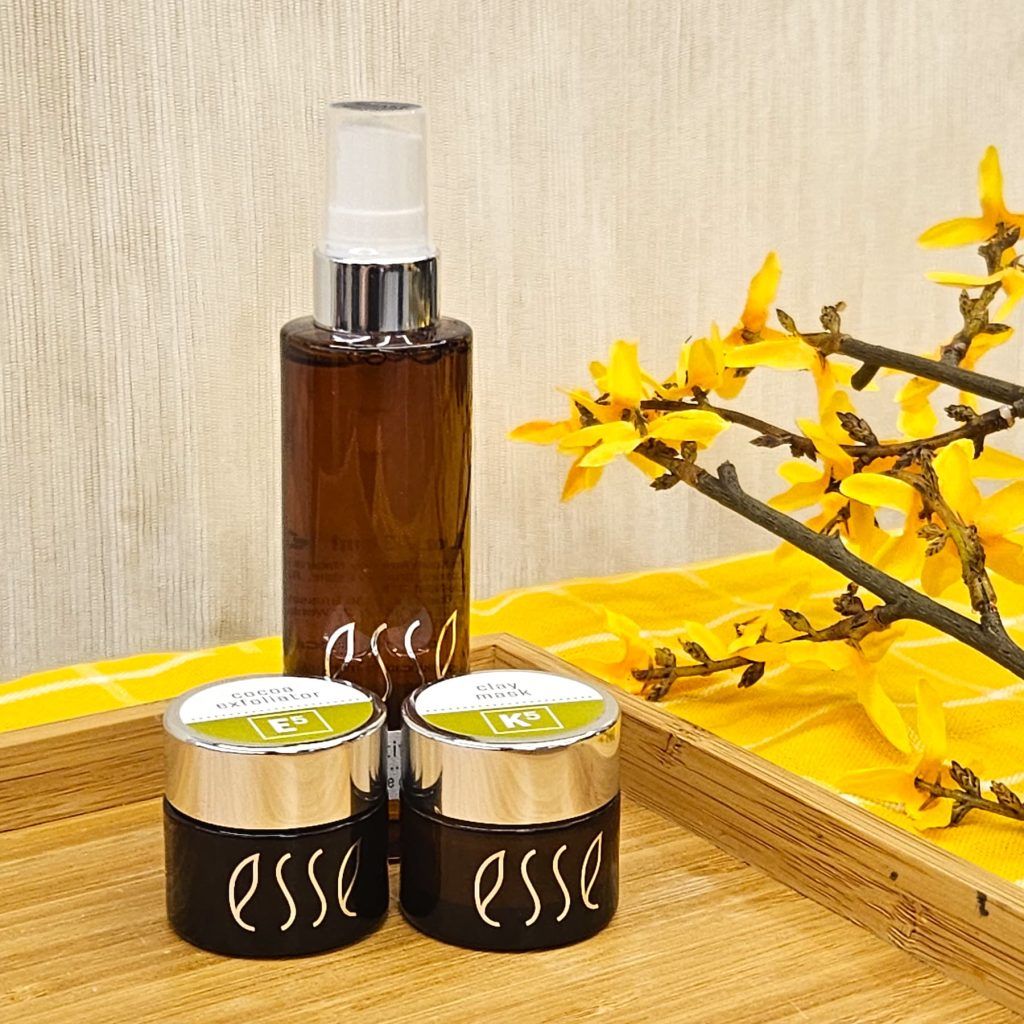Pimple marks are a result of the skin’s inflammatory response to acne lesions. When a pimple forms, the skin produces excess melanin as part of the healing process, leading to dark spots or hyperpigmentation. In some cases, pimple marks may also manifest as red or purple discolouration, especially in lighter skin tones.
Here’s everything on how to get rid of pimple marks
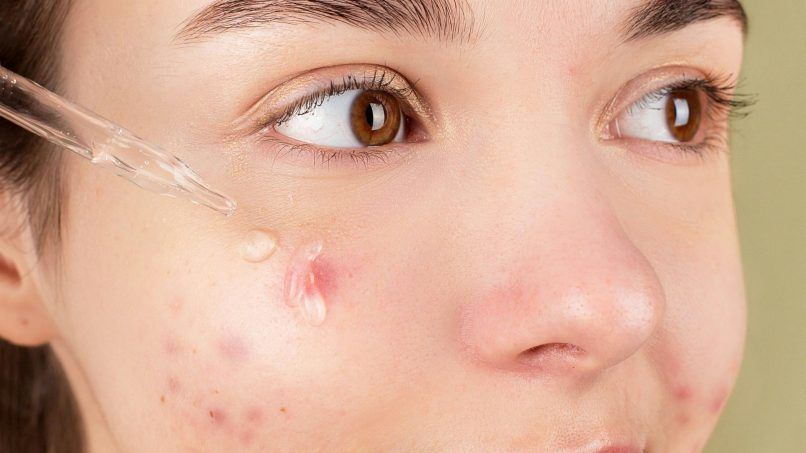
Pimple marks treatment options
Topical Treatments
Retinoids: Derived from vitamin A, retinoids promote cell turnover and help fade pimple marks over time. Over-the-counter retinol creams or prescription-strength retinoids like tretinoin are commonly used.
Vitamin C: Known for its antioxidant properties, vitamin C serums can brighten skin and reduce the appearance of hyperpigmentation.
Hydroquinone: This skin-lightening agent inhibits melanin production and is available in over-the-counter and prescription formulations.
Azelaic acid: Effective in treating both acne and post-inflammatory hyperpigmentation, azelaic acid helps reduce redness and fade marks.
Chemical Peels
Chemical peels use acids like glycolic acid, salicylic acid, or trichloroacetic acid (TCA) to exfoliate the outer layer of the skin, revealing smoother, more even-toned skin beneath. These treatments are available in varying strengths and can be performed by dermatologists or skincare professionals.
Microneedling
Microneedling, also known as collagen induction therapy, involves using a device with fine needles to create controlled micro-injuries in the skin. This stimulates collagen production and helps improve the appearance of pimple marks over time.
Laser Therapy
Laser treatments such as fractional laser resurfacing or intense pulsed light (IPL) therapy can target hyperpigmentation and promote skin rejuvenation. These procedures are typically performed by dermatologists or trained professionals.
How to prevent pimple marks?
Avoid picking or squeezing pimples
Picking or squeezing acne lesions can worsen inflammation and increase the risk of scarring and hyperpigmentation. Resist the temptation and opt for gentle skincare practices instead.
Sun protection
Sun exposure can exacerbate hyperpigmentation and make pimple marks more noticeable. Apply a broad-spectrum sunscreen with SPF 30 or higher daily, even on cloudy days, to protect your skin from UV damage.
Consistent skincare routine
Establish a skincare routine tailored to your skin type and concerns. Cleanse your skin twice daily, use non-comedogenic moisturisers, and incorporate products with ingredients like niacinamide, alpha hydroxy acids (AHAs), or licorice extract to help fade marks and promote skin renewal.
Expert-backed tips
- Be Patient: Treating pimple marks takes time, so be patient and consistent with your chosen treatments.
- Consult a dermatologist: If you’re unsure about the best approach for your skin or if you have severe or persistent hyperpigmentation, consult a dermatologist for personalised recommendations and professional guidance.
- Manage stress: Stress can exacerbate acne and skin inflammation, so prioritise stress-reduction techniques such as mindfulness, exercise, or hobbies you enjoy.
Banishing these stubborn spots requires a combination of patience, consistency, and effective skincare strategies. Whether you opt for topical treatments, professional procedures, or preventive measures, taking proactive steps to address hyperpigmentation can help you achieve clearer, more radiant skin. Remember to consult with a dermatologist for personalised advice and guidance on the best approach for your individual skin concerns. With dedication and the right tools, you can bid farewell to pimple marks and embrace a complexion that radiates confidence and vitality.
All Images: Courtesy Pexels
Frequently Asked Questions (FAQs)
- How do you get rid of pimple marks fast?
To get rid of pimple marks quickly, consider using topical treatments containing ingredients like retinoids, hydroquinone, vitamin C, or niacinamide, which can help fade marks over time. Additionally, procedures like chemical peels, microdermabrasion, or laser therapy performed by dermatologists can expedite the process.
- Do pimple marks go away?
Yes, pimple marks can fade over time with proper treatment and skincare. However, the duration it takes for them to disappear varies from person to person and depends on factors such as the severity of the marks and the chosen treatment method.
- How do you get rid of pimple scars naturally?
Several natural remedies can help fade pimple scars. These include applying lemon juice, aloe vera gel, honey, or turmeric paste to the affected areas regularly. These natural ingredients have properties that may help lighten scars over time.
- Can ice remove pimple marks?
Ice can temporarily reduce inflammation and redness associated with pimples, which may help make marks less noticeable. However, it’s unlikely to remove pimple marks entirely on its own. Ice can be used as a complementary treatment alongside other methods to help improve the appearance of pimple marks.

